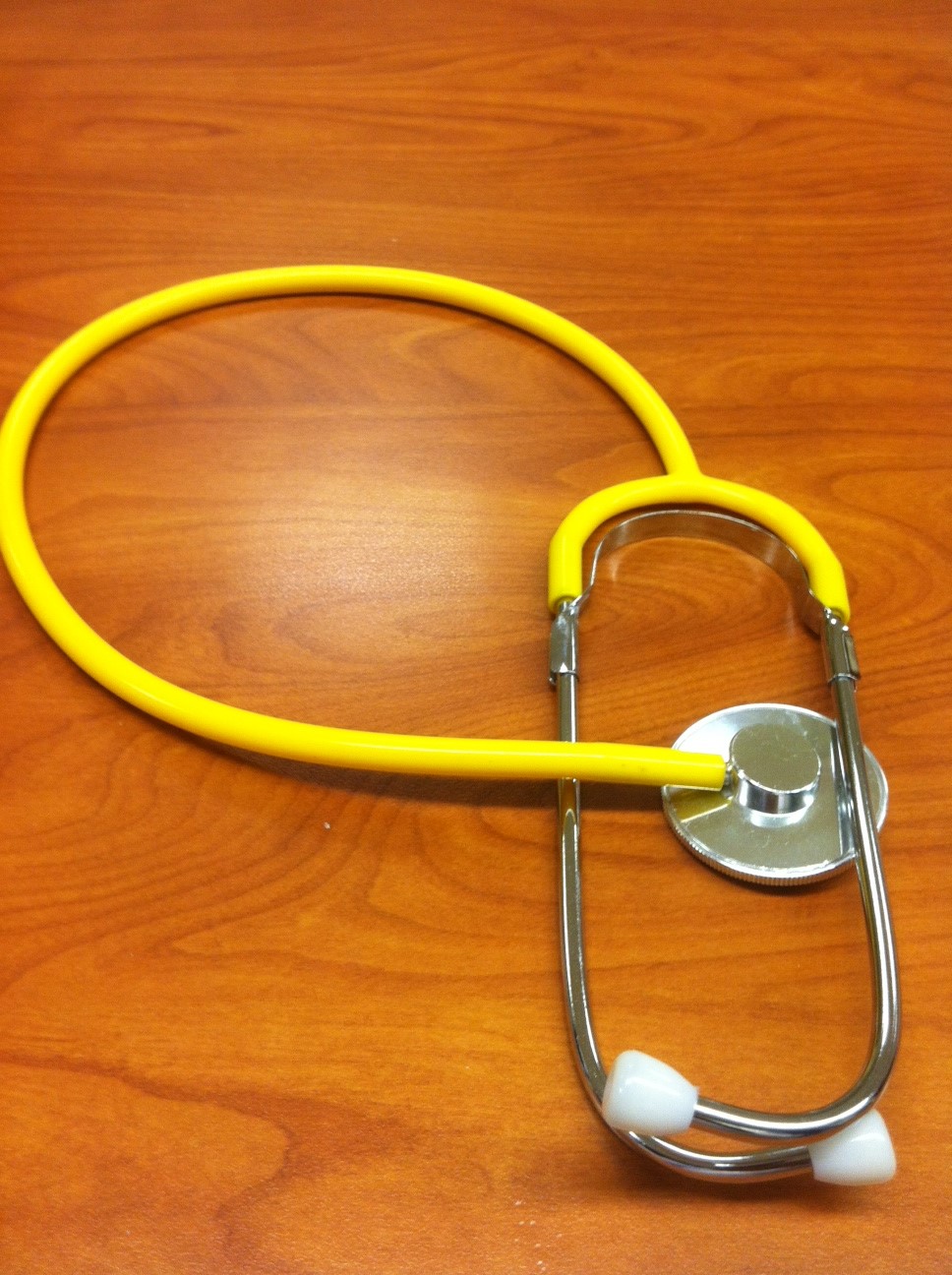I grew up in a small town in the gently rolling hills of Connecticut. Previously unheard of, but now infamous, my hometown, Newtown, was a sleepy small New England town of mostly white people for whom my lone brown face served as diversity. I went to college at a mostly white college in said state, and went on to an Indian Medical School with predominantly other brown people. So you might imagine that July 1st, 2001 proved to be quite a shock. That was the day when I started my residency in Detroit, Michigan. Only I didn’t think there would be much culture shock, after all I was great guy who gets along with everybody. I was smart too, so naturally all patients would bow to my obvious mastery of medicine. It’s true that I had never really spent much time around African Americans, however I was an avid fan of both the Cosby show AND Fresh Prince of Bel Air. So really, what could go wrong?
Over the past 2 decades I’ve learned alot about how African Americans view health care and physicians. This is particularly important for anyone in the field of critical care where clinicians often need to discuss end of life care decisions with patients and their families. Many of these conversations revolve around changing the goals of care from cure to comfort. These conversations are difficult, emotionally charged, and put tremendous strain on patients and their families. They also put a strain on medical teams–it becomes demoralizing to continue to care for someone who is obviously suffering and has no real chance of getting better. These conversations can be even more frustrating with African American patients and families.
As someone who provides care to the African American community I can certainly endorse what the literature shows; African Americans are more likely to choose life sustaining therapies over palliative or hospice approaches. The literature also suggests that African Americans have less awareness of hospice and advance care planning, and are less likely to enroll in hospice. They are also more likely to withdraw from hospice to seek further life sustaining medical care. This is problematic as African Americans often have a greater illness burden at baseline, often have less access to medical care, and thus may have a greater need for palliative care services. Continue reading “African Americans Are Less Accepting of Hospice and Palliative Care at End of Life; What Can ICU Doctors Do?”


